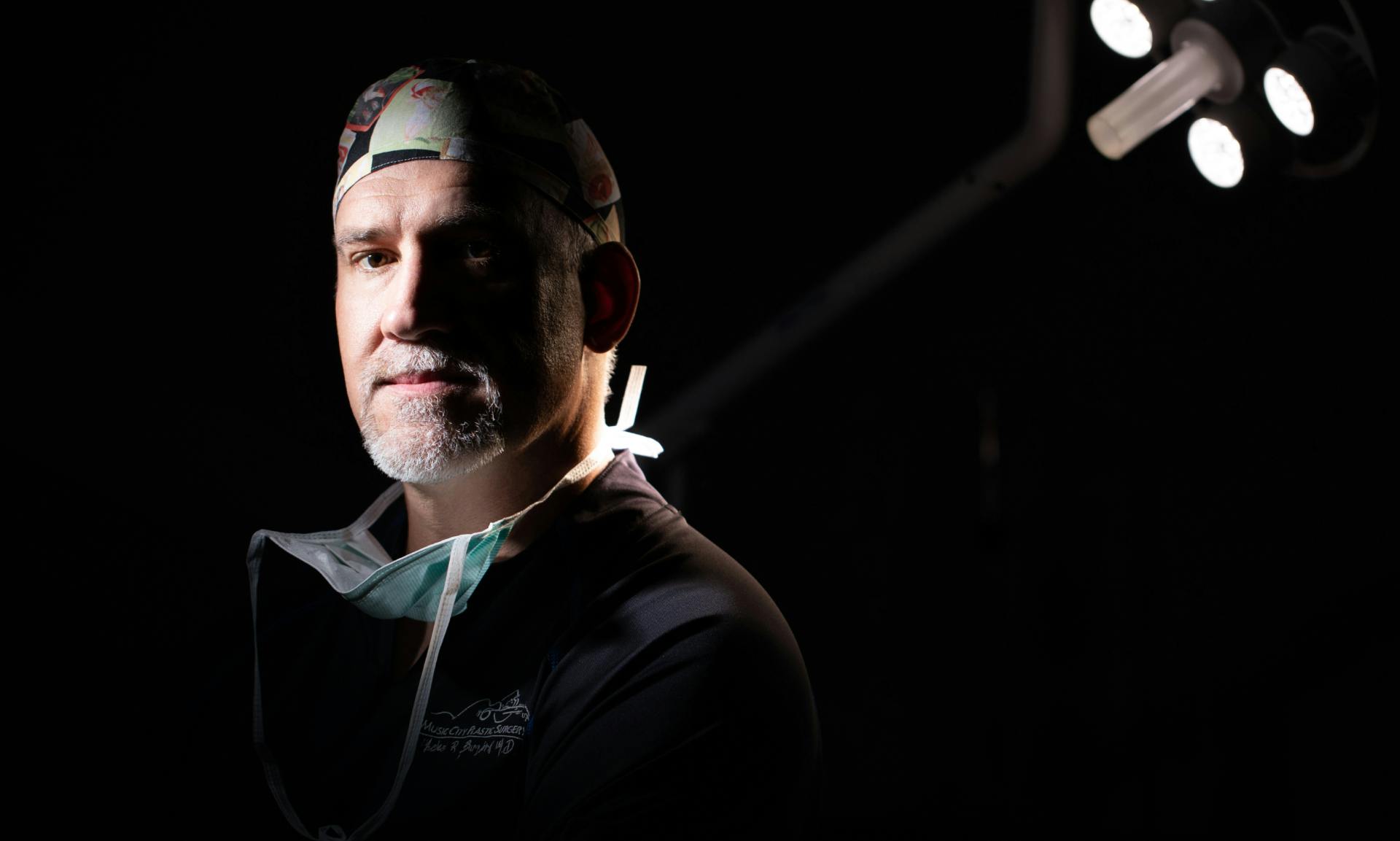One of the very first things you should consider is whether a surgeon is a skilled plastic surgeon or only a cosmetic surgeon. While all plastic surgeons are cosmetic surgeons, not all cosmetic surgeons are plastic surgeons. Many doctors brand themselves as cosmetic surgeons, which covers up the fact that they lack the education and expertise of a fully trained plastic surgeon. Cosmetic surgery is highly unregulated. Cosmetic surgeons can be physicians in any specialty, including non-surgical specialties. In some cases, their cosmetic surgery training could have taken place in as little as a single weekend! On the other hand, a plastic surgeon is a doctor who has devoted his or her training and practice to the field of plastic surgery with special emphasis on cosmetic surgery. Plastic surgeons are trained specifically in cosmetic and reconstructive surgery of the face and body – or in some cases, only in facial plastic surgery.
Once you’ve confirmed that your doctor is a plastic surgeon and not only a cosmetic surgeon, the next step is to ask whether he or she has been board-certified by the American Board of Plastic Surgery (ABPS). The ABPS is the only organization recognized by the American Board of Medical Specialties for certifying surgeons to perform cosmetic surgery and plastic surgery procedures. In order to become board-certified by the ABPS, a plastic surgeon must undergo extremely rigorous training and testing. This includes a minimum of 5 years of residency training in all areas of surgery, two of which must be devoted exclusively to plastic surgery. After residency training, the surgeon must then pass a comprehensive, 400-question written exam. This is followed by an oral exam, during which a panel of experienced expert surgeons cross-examine the candidate to confirm that he or she will practice plastic surgery in an appropriate, safe, and ethical manner.












